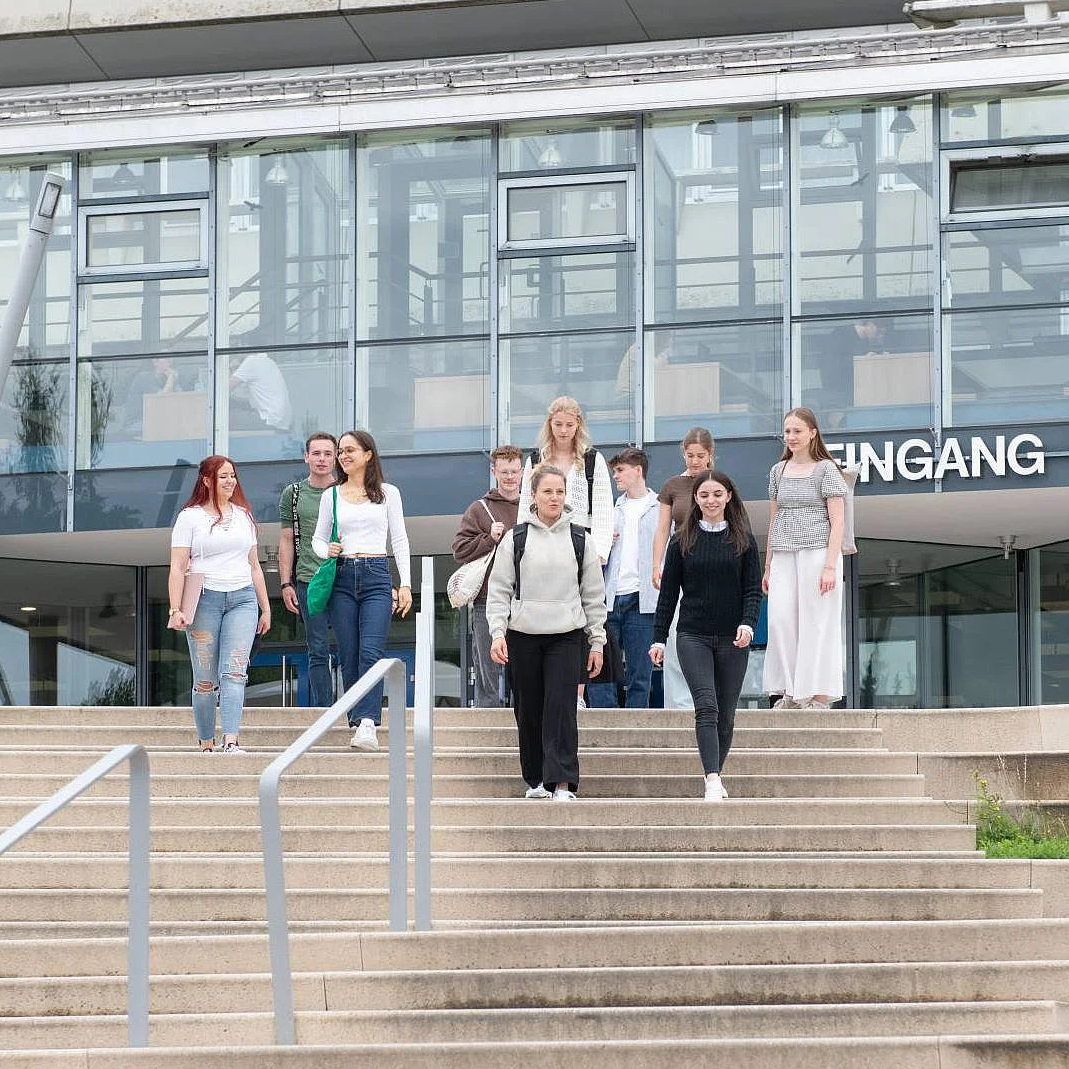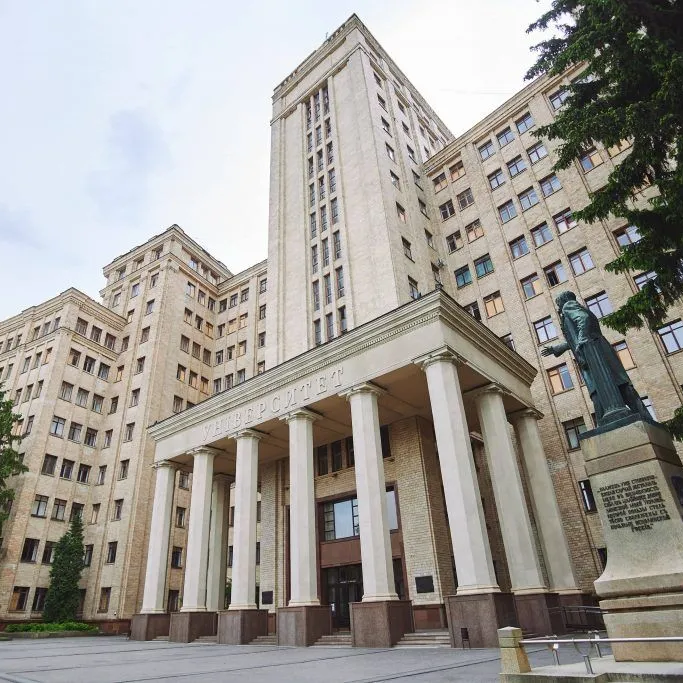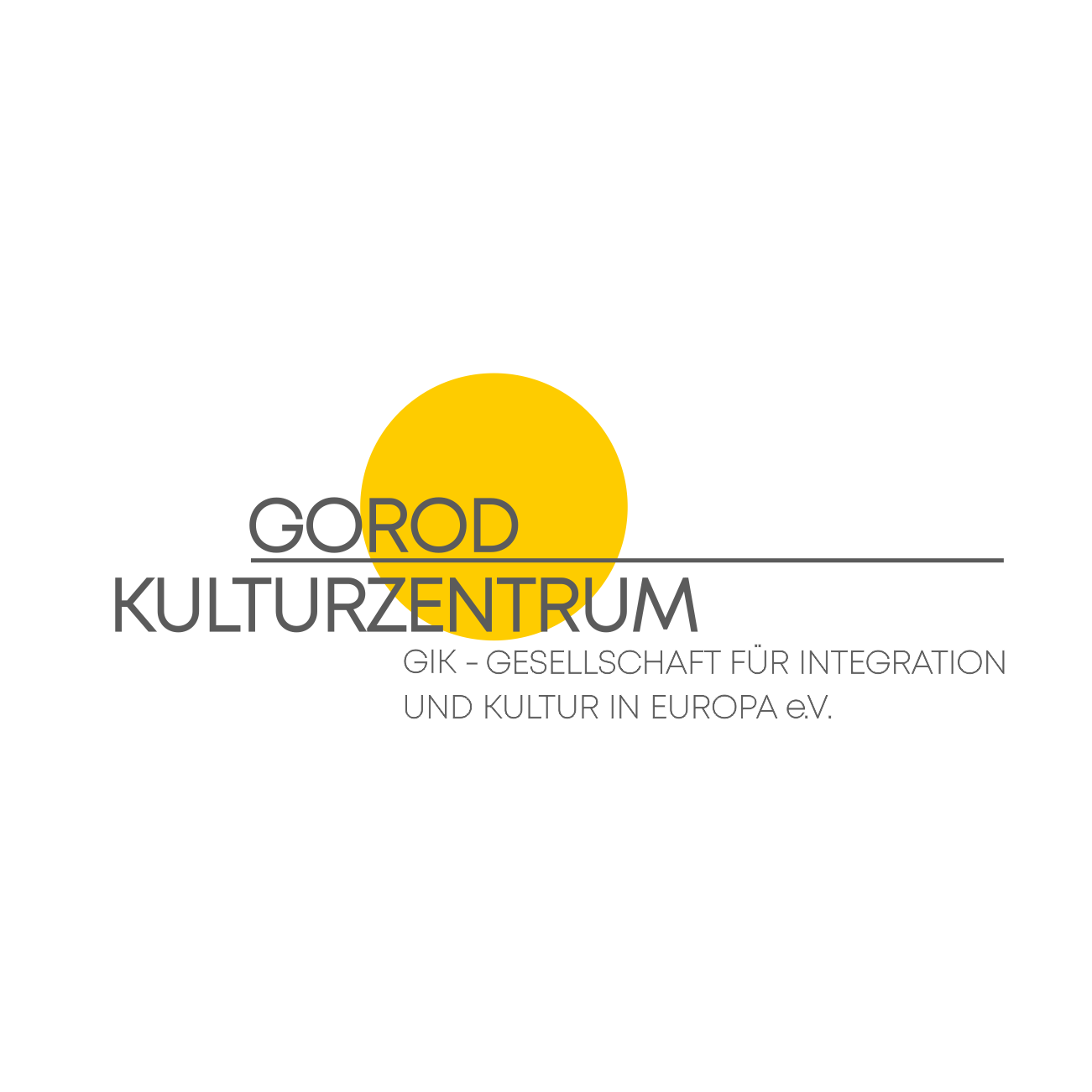University of Ulm, Faculty of Mathematics and Economics
The University of Ulm, Germany, is a relatively young German university, founded in 1967. It is positioned as the youngest university in Baden-Württemberg, but in terms of development, it is ahead of even the most famous universities: scientific research is developing dynamically and successfully, and a very careful attitude to education attracts many students to it. It is a modern university that understands and applies an interdisciplinary approach to contemporary challenges, paying close attention to innovations that benefit society.
The university is located in a green area, has a large campus, and is the scientific and educational heart of the city of Ulm. Its professors and lecturers are first-class scientists and are very enthusiastic about teaching students.
The university has four faculties: Mathematics and Economics, Computer Science and Psychology, Engineering, and Medicine and Natural Sciences. The university teaches approximately 10,000 students from more than 100 countries around the world in 65 different educational programs.
While studying at the Faculty of Mathematics and Economics at the University of Ulm, students acquire knowledge and skills that are key to successful work at the forefront of contemporary challenges, analytical skills, and the application of mathematical models and methods in various areas of life, including modern technologies, big data processing, and the development of artificial intelligence, risk management, and reliability to ensure a safe and better future.
The faculty provides excellent learning conditions, has a highly professional team of professors and lecturers, and maintains constant contact with industry. All students are provided with substantial and sensitive assistance as needed.
V. N. Karazin Kharkiv National University, Faculty of Mathematics and Computer Science
Kharkiv National University is one of the oldest classical universities in Ukraine, founded in 1804 by the outstanding scientist and cultural figure Vasyl Karazin, whose name it bears. According to many rankings, it was and remains the leader of Ukrainian science and education. The university lives and works under the motto “Classics ahead of its time.” KhNU is the only Ukrainian university where three Nobel Prize winners (Lev Landau, Ilya Mechnikov, Simon Kuznets) studied and worked, and more than 130,000 highly qualified specialists have graduated from KhNU over the years of its existence. Throughout its history, the university has been and remains a major scientific, educational, cultural, and spiritual center of Ukraine and the world.
Currently, the university has 22 faculties and research institutes, more than 20,000 students, including foreign students, graduate students, and doctoral students, and a highly professional faculty (30 academicians and members of the Academy of Sciences of Ukraine, about 500 doctors of science, professors, and 1,300 candidates of science, associate professors).
The Faculty of Mathematics and Computer Science has a rich history and is proud of the outstanding mathematicians who have worked at the faculty at various times. Among them are M. Ostrogradsky, O. Lyapunov, S. Bernstein, O. Pogorelov, V. Marchenko, and V. Drinfeld.
The faculty trains specialists in four bachelor's degree programs: Fundamental Mathematics, Applied Mathematics, Theoretical and Applied Informatics, and Secondary Education, as well as four master's degree programs: - Fundamental Mathematics, Applied Mathematics, Theoretical and Applied Informatics, and Data Science.
The main principle of teaching at the faculty is the close connection between education and modern science and industry, the application of modern mathematics and information technology methods to solving important contemporary problems in various spheres of life.
The faculty maintains extensive international academic and scientific ties, and the university's graduates hold prestigious and key positions in companies and enterprises, most of them working in science-intensive industries and technologies in various parts of the world.
International Culture Community registered association
From the first days of the war in February 2022, the Munich public organization - Community of International Culture, a registered association (CIC), which at that time had been active for 25 years in the field of educational projects for schoolchildren and young people, organizing summer schools and international projects, and engaging in cultural projects for children and adults, headed by its founder - a graduate of the Faculty of Mathematics and Computer Science (then the Faculty of Mechanics and Mathematics) of Kharkiv National University, has organized continuous assistance to refugees from Ukraine.
More than 160 students from Kharkiv National University and many teachers found themselves in Germany, most of them in Munich. Thanks to long-standing relations with the Faculty of Mathematics and Computer Science at Kharkiv National University and the incredible efforts of its members, a Kharkiv National University center was opened at the SMK under a cooperation agreement with Kharkiv National University, creating conditions and opportunities for Kharkiv National University students to study full-time under Kharkiv National University programs. https://karazin.ua/osvita/navchannia-na-bazi-kulturnoho-tsentru-gorod-u-m-miunkhen-f/osnovna-informatsiia
In addition, SMK received permission from the Ministry of Education of Ukraine to conduct a national multi-test (NMT) for graduates of Ukrainian schools, which enabled them to enroll in Ukrainian universities while residing in Germany.
Approximately 200 students are enrolled in seven majors at the center in full-time and blended learning formats. In addition, the SMK provides official German language courses, which allows students to integrate more quickly in Germany and participate in academic mobility or double degree programs with German universities.
At the Kharkiv National University center in Munich, students live a normal student life, attend lectures and practical classes, organize cultural events, and visit software development companies such as Google, CGI, JetBrains, etc., which allows them to see the industry from the inside and contributes to their professional growth.



